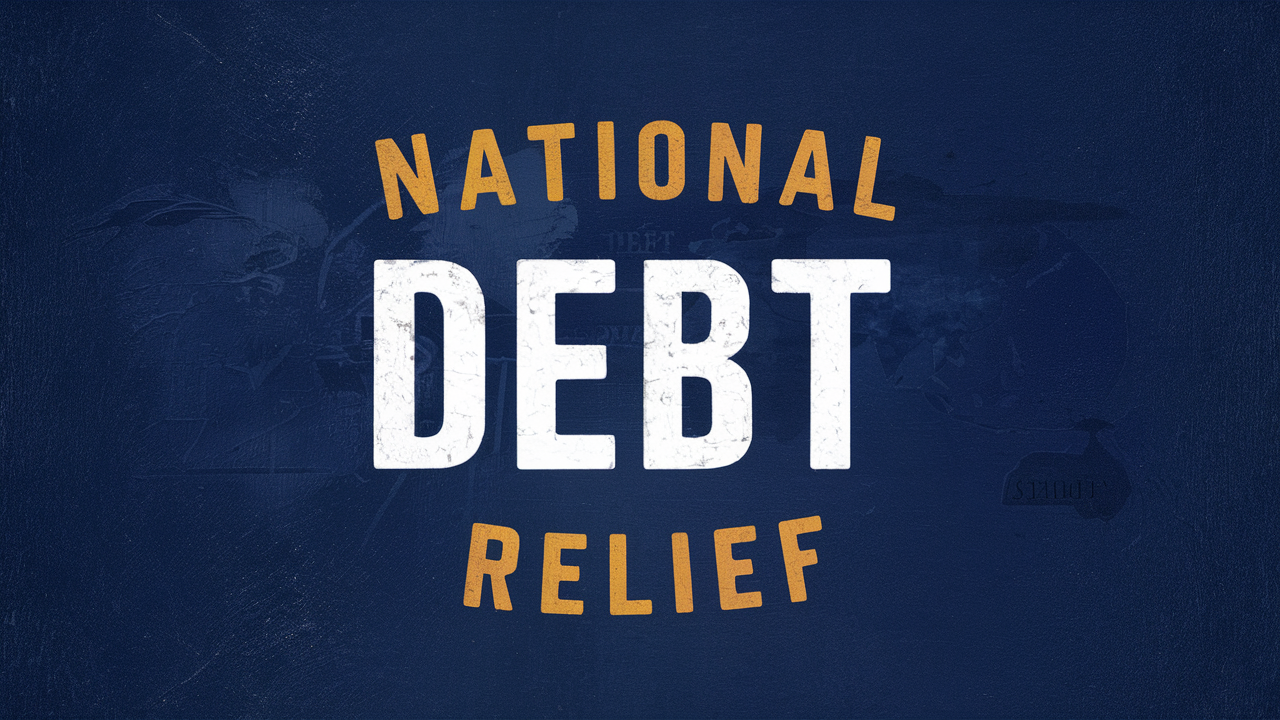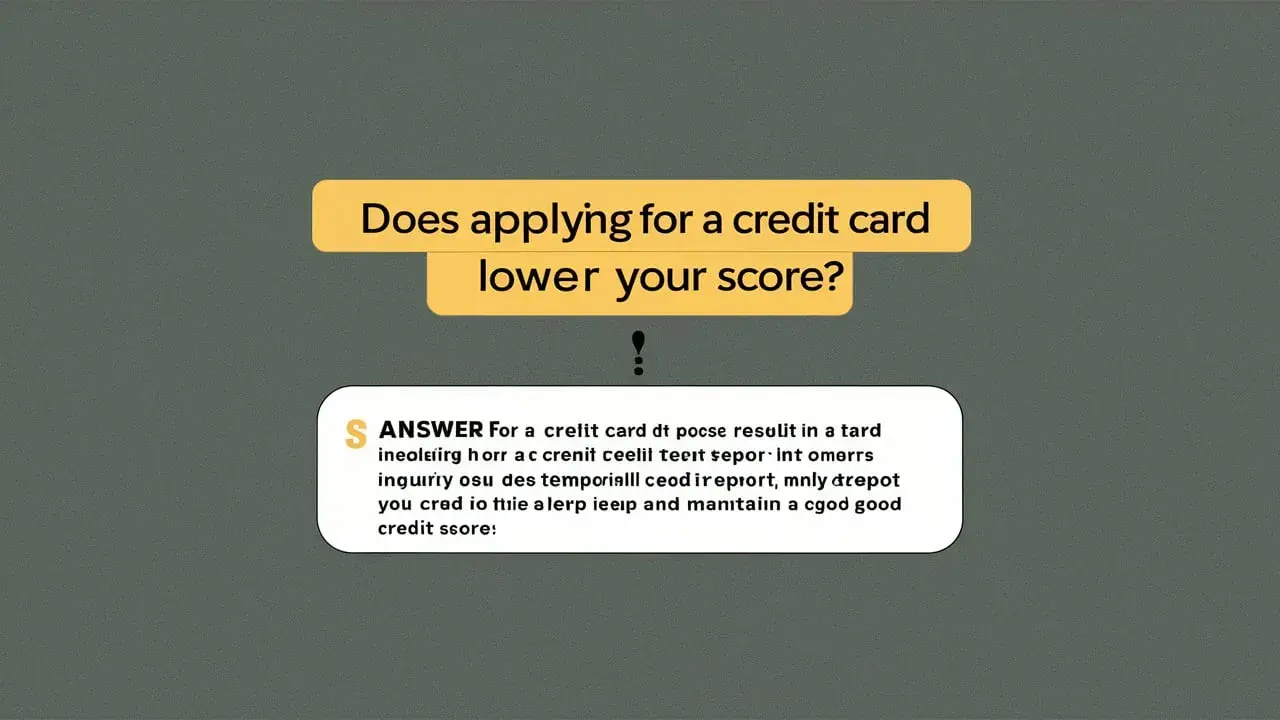-
Posted on: 17 Jul 2024

-
Dealing with overwhelming debt can feel like an insurmountable challenge. The promise of "national debt relief" or simply "debt relief" can be incredibly tempting, offering a glimmer of hope in a seemingly hopeless situation. But is it too good to be true? The answer is nuanced. Genuine debt relief programs exist and can provide much-needed assistance, but navigating the landscape requires caution and a healthy dose of skepticism. This article will delve into the realities of national debt relief, helping you distinguish legitimate options from potential scams and make informed decisions about your financial future.
Understanding the Landscape of Debt Relief
Before we dive into the specifics, it's crucial to understand the different types of debt relief programs available. These options range from debt consolidation and management to debt settlement and even bankruptcy. Each approach has its own set of advantages, disadvantages, and eligibility requirements.
Types of Debt Relief Programs
- Debt Consolidation: This involves taking out a new loan (often with a lower interest rate) to pay off multiple existing debts. The goal is to simplify your payments and potentially reduce your overall interest costs.
- Debt Management: Typically offered through credit counseling agencies, this involves creating a structured repayment plan with your creditors. These agencies often negotiate lower interest rates and fees on your behalf.
- Debt Settlement: This involves negotiating with your creditors to pay a lump sum that is less than the full amount you owe. This can have significant negative consequences on your credit score.
- Bankruptcy: A legal process that can discharge certain debts, providing a fresh start. However, it also has a severe and lasting impact on your credit history.
- Student Loan Forgiveness: Specific programs offered by the government for eligible student loan borrowers, often tied to specific professions or public service.
Legitimate Debt Relief: What to Look For
Genuine debt relief services provide valuable assistance in managing and resolving debt problems. These programs adhere to ethical practices and prioritize the client's financial well-being. Here's what to look for in a legitimate debt relief program:
Key Indicators of a Legitimate Program:
- Transparency: A reputable program will clearly explain its fees, processes, and potential risks involved. They will be upfront about the potential impact on your credit score.
- Accreditation and Licensing: Look for accreditation from reputable organizations like the Better Business Bureau (BBB) or licensing from relevant state agencies.
- Education and Counseling: Legitimate programs offer educational resources and personalized counseling to help you understand your financial situation and make informed decisions.
- Customized Solutions: They will assess your individual needs and financial circumstances to develop a tailored plan, rather than offering a one-size-fits-all solution.
- No Upfront Fees (in some cases): The FTC's Telemarketing Sales Rule prohibits debt relief companies from charging upfront fees before they've actually provided a service that results in a reduction of debt or a payment plan you accept. (Debt settlement programs, especially)
- Positive Reviews and Testimonials: While online reviews should be taken with a grain of salt, consistent positive feedback from multiple sources can be a good indicator.
- Clear Communication: They will communicate clearly and promptly, answering your questions and addressing your concerns.
Examples of Legitimate Debt Relief Options:
- Non-profit Credit Counseling Agencies: These agencies are often a good starting point for understanding your options and creating a budget. They can also offer debt management plans. Look for agencies certified by the National Foundation for Credit Counseling (NFCC).
- Debt Consolidation Loans from Banks and Credit Unions: These can be a good option if you have good credit and can qualify for a low interest rate.
- Government Student Loan Forgiveness Programs: If you have federal student loans, explore options like Public Service Loan Forgiveness (PSLF) or Income-Driven Repayment (IDR) plans.
Red Flags: Identifying Debt Relief Scams
Unfortunately, the debt relief industry attracts its share of scams and unscrupulous operators. These companies often prey on vulnerable individuals who are desperate for help. Recognizing the red flags is essential to protect yourself from becoming a victim of fraud.
Warning Signs of a Debt Relief Scam:
- Promises of Guaranteed Results: No debt relief program can guarantee specific outcomes, as results depend on your individual circumstances and creditor policies.
- Pressure Tactics: High-pressure sales tactics, such as demanding immediate action or creating a sense of urgency, are common scammer tactics.
- Requesting Upfront Fees (often illegal): Be extremely cautious of any company that demands significant fees before providing any actual services. This is often a violation of the Telemarketing Sales Rule.
- Unrealistic Claims: Be wary of claims that sound too good to be true, such as promising to eliminate your debt completely or drastically reduce your payments without any impact on your credit.
- Lack of Transparency: If a company is unwilling to provide clear information about its fees, processes, or qualifications, it's a major red flag.
- Refusal to Provide Written Agreements: Always insist on a written agreement outlining the terms of the service, including fees, cancellation policies, and expected outcomes.
- Asking for Your Social Security Number or Bank Account Information Prematurely: Never provide sensitive information unless you are absolutely certain the company is legitimate.
- Changing Their Name Frequently: Scammers often change their business names to avoid detection and negative reviews.
Real-Life Examples of Debt Relief Scams:
- The "Debt Elimination" Scheme: Companies falsely claim they can legally eliminate your debt by exploiting loopholes or disputing the validity of your debt, often charging exorbitant fees for worthless services.
- The "Government Grant" Myth: Scammers promise access to government grants or programs that don't exist, requiring an upfront fee to "process" your application.
- The "Credit Repair" Scam: Companies illegally promise to remove negative information from your credit report, often charging high fees for services that are ineffective or violate the Fair Credit Reporting Act (FCRA).
Navigating Debt Settlement: Proceed with Caution
Debt settlement is a specific type of debt relief that involves negotiating with your creditors to pay a reduced lump sum to resolve your debt. While it can potentially provide significant savings, it's important to understand the risks involved:
Potential Downsides of Debt Settlement:
- Negative Impact on Credit Score: Debt settlement can severely damage your credit score, making it difficult to obtain loans, credit cards, or even rent an apartment in the future.
- Debt Collection Lawsuits: While you're negotiating with creditors, they may continue to pursue collection efforts, including filing lawsuits.
- Tax Implications: The amount of debt forgiven may be considered taxable income by the IRS.
- No Guarantee of Success: Creditors are not obligated to accept settlement offers, and there's no guarantee that your debt will be resolved.
- Fees: Debt settlement companies often charge fees based on a percentage of the debt you enroll in their program, regardless of whether they successfully settle the debt.
When Debt Settlement Might Be an Option:
Debt settlement may be considered as a last resort if you are facing severe financial hardship and have no other viable options, such as debt consolidation, debt management, or bankruptcy. However, it's crucial to carefully weigh the risks and benefits and consult with a financial advisor before making a decision.
Alternatives to National Debt Relief Programs
Before committing to a debt relief program, explore alternative strategies for managing your debt:
Alternative Debt Management Strategies:
- Budgeting and Expense Tracking: Gain a clear understanding of your income and expenses to identify areas where you can cut back and free up cash for debt repayment.
- Debt Snowball or Debt Avalanche Method: These are two popular strategies for prioritizing debt repayment. The snowball method focuses on paying off the smallest debts first, while the avalanche method focuses on paying off the debts with the highest interest rates.
- Negotiating with Creditors Directly: Contact your creditors and explain your situation. They may be willing to offer temporary hardship programs, lower interest rates, or extended repayment plans.
- Increasing Your Income: Explore opportunities to increase your income through a second job, freelancing, or selling unused items.
Protecting Yourself: Due Diligence is Key
Whether you're considering a debt relief program or simply trying to manage your debt on your own, taking proactive steps to protect yourself from fraud and make informed decisions is essential. Here's how to practice due diligence:
Steps to Take Before Enrolling in a Debt Relief Program:
- Research the Company: Check the company's reputation with the Better Business Bureau (BBB), online review sites, and state regulatory agencies.
- Read the Fine Print: Carefully review all contracts and agreements, paying close attention to fees, cancellation policies, and potential risks.
- Consult with a Financial Advisor: Seek advice from a qualified financial advisor who can provide unbiased guidance and help you evaluate your options.
- Understand Your Rights: Familiarize yourself with your rights under the Fair Debt Collection Practices Act (FDCPA) and other consumer protection laws.
- Trust Your Gut: If something feels wrong or too good to be true, it probably is. Don't hesitate to walk away from a program that makes you uncomfortable.
The Role of Credit Counseling
Credit counseling agencies play a vital role in helping individuals manage their debt and improve their financial literacy. Non-profit credit counseling agencies offer a range of services, including:
Services Offered by Credit Counseling Agencies:
- Budgeting and Financial Education: Help you create a budget, understand your financial situation, and develop healthy financial habits.
- Debt Management Plans (DMPs): Negotiate with your creditors to lower interest rates and fees, and consolidate your payments into a single monthly payment.
- Credit Report Review: Help you review your credit report and identify any errors or inaccuracies.
- Debt Counseling: Provide personalized counseling to help you explore your options and develop a plan to address your debt problems.
Choosing a Credit Counseling Agency:
When choosing a credit counseling agency, look for accreditation from the National Foundation for Credit Counseling (NFCC) and ensure that the agency is a non-profit organization.










